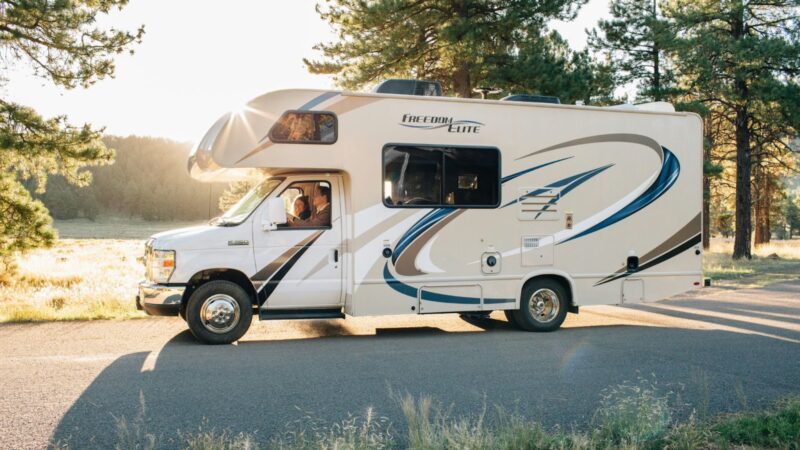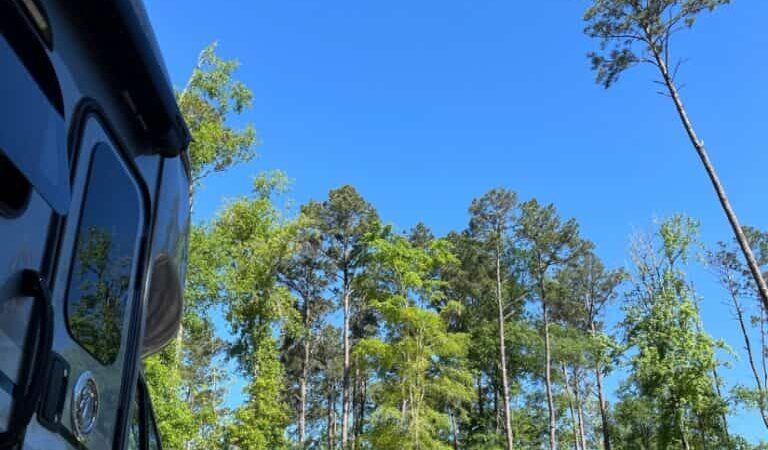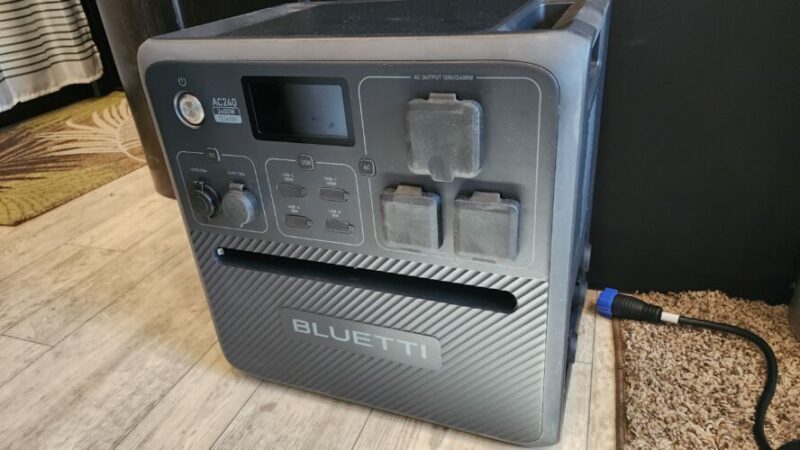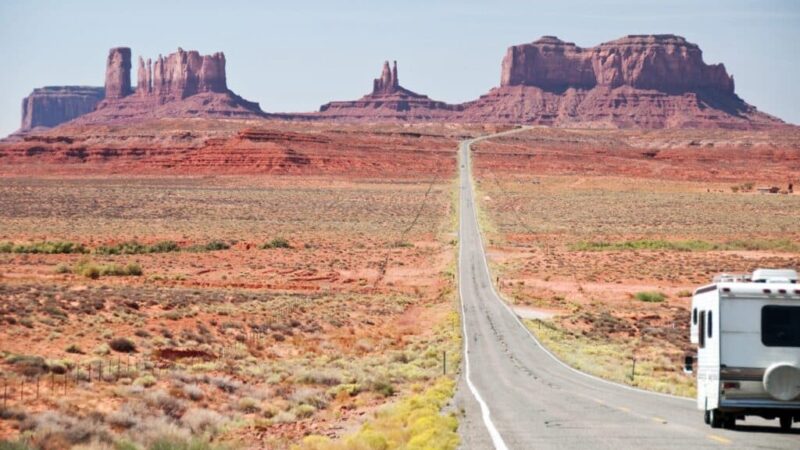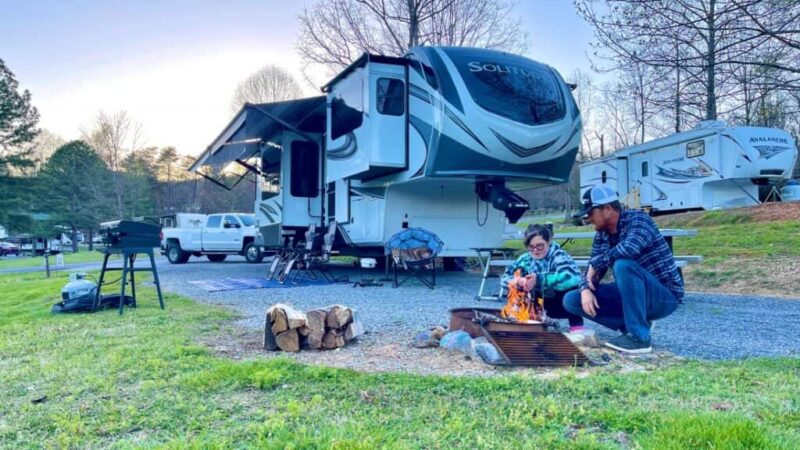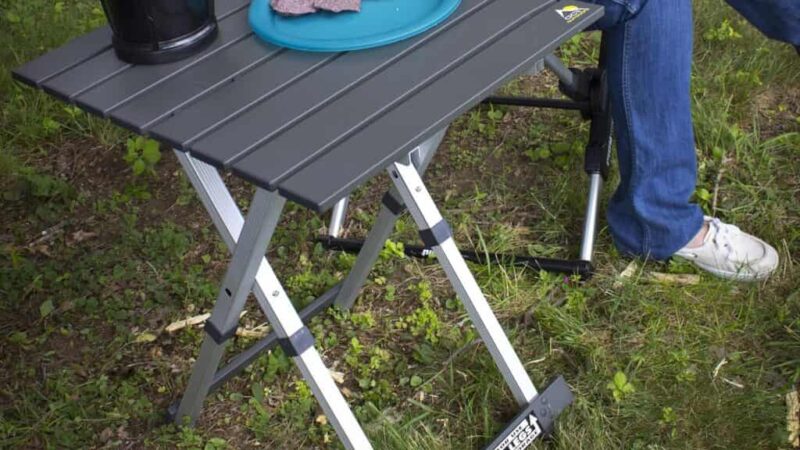What You Should Know About RV Towing Insurance
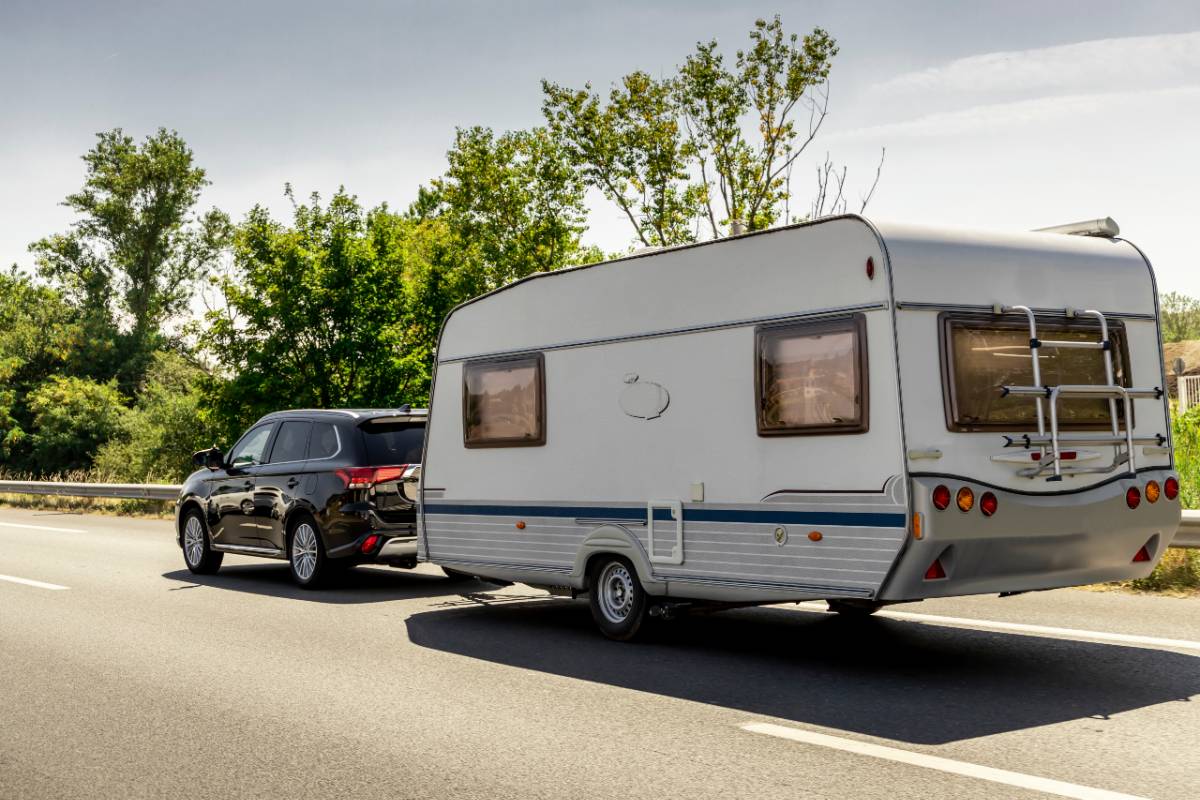
Do You Need RV Towing Insurance?
Travel trailers and other types of towable RVs aren’t cheap, and they’re full of personal possessions and other valuables. For that reason, you’re going to want to have some form of RV towing insurance before you ever hit the road with your trailer.
Towed RVs have some quirks, which means insurance works a little differently compared to drivable RVs. Let’s take a closer look at RV towing insurance, how it works, and the types of coverage available.
What is RV towing insurance?
Towed RVs don’t have the same requirements as an RV with an engine, which generally has the same insurance requirements as any other automobile. Nor are they a fit for homeowners insurance, which is for a fixed structure on a single property.
Both your homeowners insurance and your auto insurance will provide some coverage for your towed RV, but it doesn’t go very far:
- Your auto policy will only cover liability in case of an accident.
- Your homeowner’s insurance will only cover the RV while it’s on your property.
- Homeowner’s insurance can also cover personal belongings kept off the property (namely, your RV and the things in it), but at a reduced rate.
That big gap in coverage is where RV towing insurance comes in. This extra coverage for travel trailers and other towables offers extra protection for your RV, the things inside it, and more. It also extends your existing coverage, providing extra liability coverage as well as collision protection.
The types of RV towing insurance coverage
There are a variety of different coverages offered for RV towing insurance. Some of these come standard on most policies, like liability and collision coverage, while others are typically extra.
Which policies you need depend on you and your RV. Working through an insurance exchange made with RVers in mind can help you find the perfect policy.
Let’s take a look at each of the different types of coverage you can get with RV towing insurance.
Liability coverage
If you’re at fault for an accident, liability coverage pays for damage and injuries to the other party. Your tow vehicle’s auto policy already provides some liability coverage to your RV in case of an accident.
Additional liability coverage for RVers is a good idea, especially if you’re a full-time RVer.
Collision coverage
Collision coverage protects your RV in case it is damaged in an accident. Your auto policy may or may not extend collision coverage to your trailer. Even if your auto policy does cover it, it can’t hurt to add extra coverage.
Comprehensive coverage
Comprehensive coverage protects against a variety of types of damage that could occur to your RV. This includes things like:
- Flooding and other forms of severe weather
- Theft and vandalism
- Fire damage
- Damage from animals (such as from hitting a deer)
- Damage due to civil unrest or riots
Full-timer coverage
If you have a homeowner’s insurance policy, it protects you in case somebody is injured on your property. But if you’re a full-time RVer, you likely don’t have homeowner’s insurance or a way to protect you if someone is injured in your RV.
This is where full-time RV coverage comes in. Full-timer coverage provides protection if someone is injured while in your RV, as well as at your campsite. In essence, this is like a homeowner’s policy for full-time RVers.
If you want this kind of liability coverage as a part-timer, the equivalent is “vacation liability.” This provides similar coverage to the full-timer policy, but for shorter periods of time.
Personal effects coverage
Personal effects coverage will cover you in the case of the loss or destruction of all your personal items in your RV. Computers, jewelry, clothes, and other valuable items can all be protected with this kind of coverage.
This is especially important for full-timers with no homeowner’s insurance, which would normally protect their personal belongings.
Even if you do have a separate homeowner’s policy, extra personal effects coverage is a good idea to make sure all your possessions are protected.
Total loss replacement coverage
Also known as “TLR” coverage, total loss replacement is pretty much what it sounds like. If your RV is totaled in an accident, TLR coverage will fully replace your RV or pay you the value of the initial purchase price.
This is a great option that protects from the depreciation of the RV value. However, you’ll typically need to be the RV’s original owner, and the RV will usually need to be no more than five years old.
Emergency expense coverage
Emergency expense coverage is designed to cover all your additional living expenses if your trailer is rendered unusable. That means things like transportation and hotel costs will be covered.
Roadside assistance coverage
If you break down on the side of the road, roadside assistance like Coach-Net will be there to help you. Whether you need a tow, help replacing a blown tire, or anything else, this coverage will have your back.
Other coverages
A number of other coverages are also available for RV towing insurance, such as:
- Pest damage protection
- Roof repair and replacement
- Pet injury
These are just a few of the possibilities. Depending on your insurer and your needs, there are many less common coverages available.
Bottom line: You need RV towing insurance
Your RV is a big investment, full of valuable personal possessions. If you’re a full-timer, there’s a good chance your trailer is your only home.
You don’t want to skip out on RV towing insurance. While your auto and homeowners insurance can provide some coverage for your travel trailer or other towable RV, it’s far from comprehensive. In fact, these policies will only cover the bare minimum for your RV, providing only liability coverage and reduced coverage for personal items.
A comprehensive RV towing insurance policy can fully protect your RV and everything inside it. With insurance designed for your towable RV, you’ll have extra liability protection, collision coverage, and protection against a wide variety of dangers, from floods and more.
There’s a wide variety of coverages available, and the right one for you depends on your situation. Whatever the specifics of your RV insurance policy, one thing is certain: the peace of mind is well worth it.
Learn more about RV insurance
You can start policy shopping from an online provider like RVerInsurance.com. RVer Insurance Exchange offers free quotes for RV insurance, health insurance, even extended warranties.
Related articles:
- 7 Things You Need To Know For Safe RV Towing
- Everything You Need to Know About Full Time RV Insurance
The post What You Should Know About RV Towing Insurance appeared first on RV LIFE.


